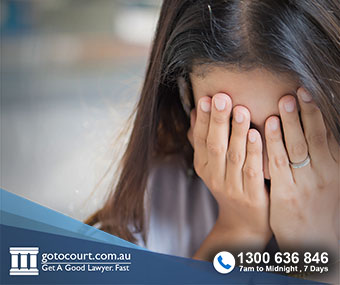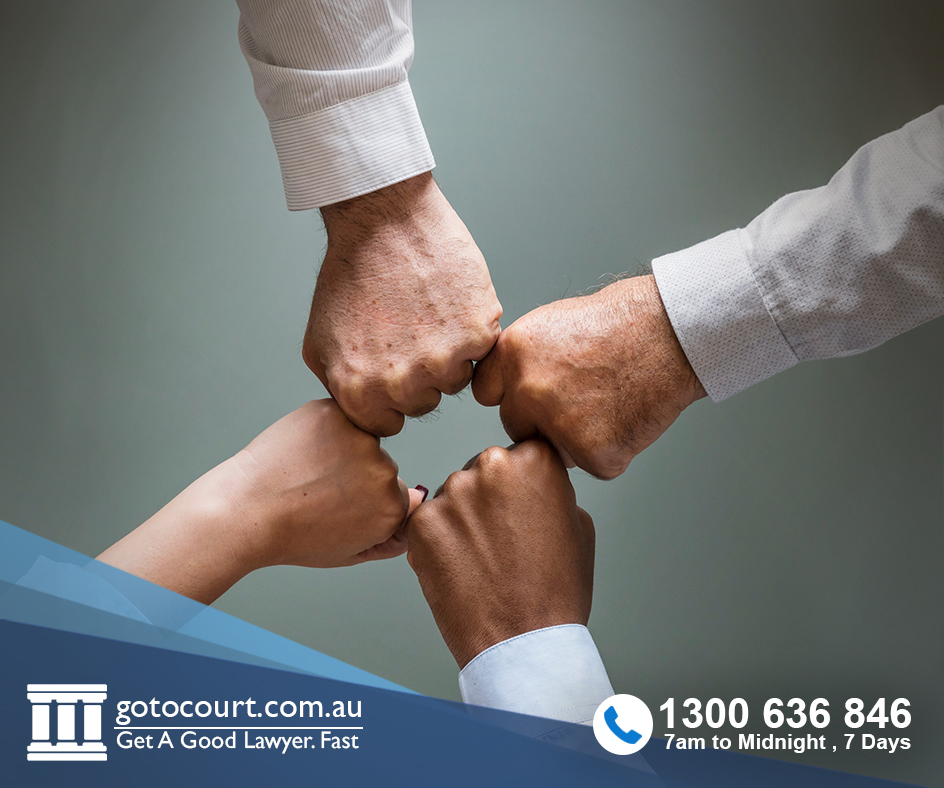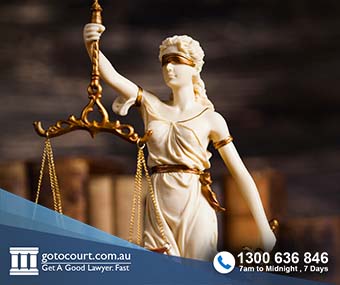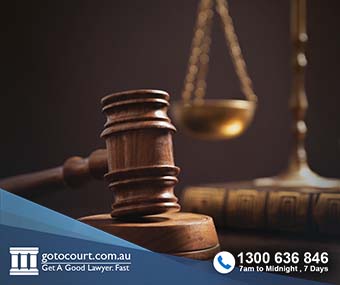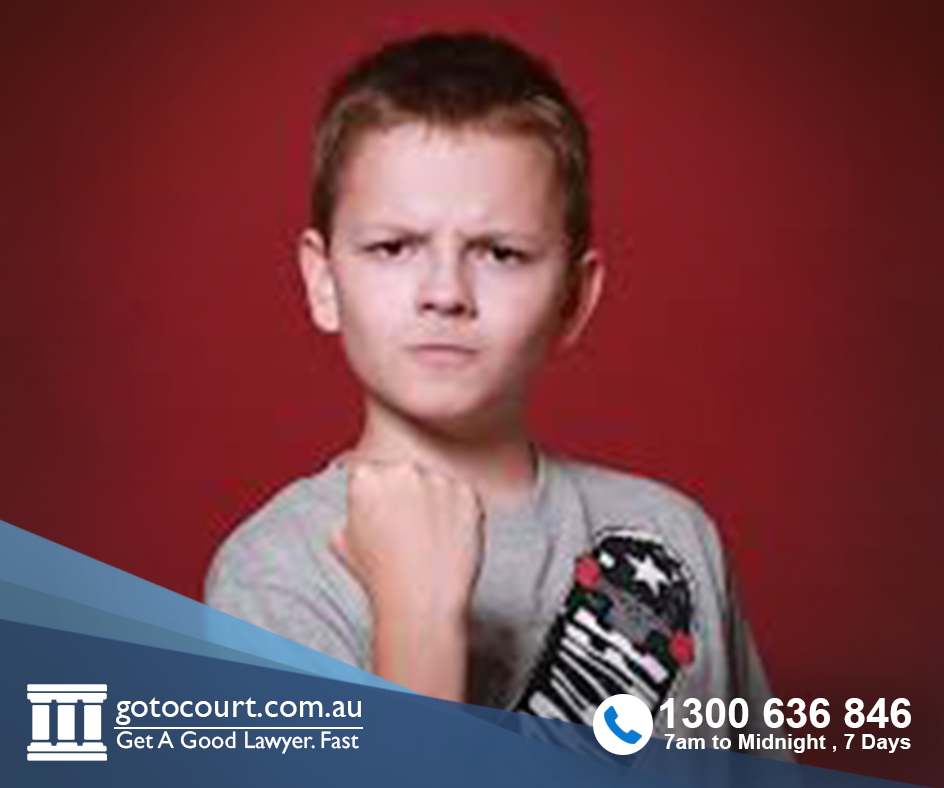Mental Health Court QLD
Mental Health Court QLD
The Queensland Mental Health Court was set up under the Mental Health Act 2000. Its role is to decide the state of mind of certain persons who have been charged with criminal offences, to hear appeals from the Mental Health Review Tribunal and inquire into the lawfulness of patients’ detention in mental health facilities. This article deals with the Queensland Mental Health Court.
How does the Mental Health Court operate?
The Mental Health Court is made up of a Supreme Court judge and two psychiatrists, who advise the judges on medical or psychiatric matters.
Court hearings are usually open to the public, unless the person involved is under the age of 18 or the court orders otherwise. However, the hearing of Mental Health Review Tribunal appeals are not open to the public unless the court makes an order allowing someone who is not involved to be present.
Mental impairment
The Criminal Code 1899 states that someone is not criminally responsible for an offence if at the time of the offence they had a mental disease or infirmity. The mental disease or infirmity must be to the extent that they didn’t have the ability to understand what they were doing, or know that they shouldn’t have done it, or have been able to control their actions.
In assessing whether a person has a defence of mental impairment, the court will consider material including police and expert reports, psychiatrist’s reports, victim statements, submissions from the Director of Public Prosecutions and the Director of Mental Health and the legal representatives of the alleged offender. The court can also make an order for the alleged offender to be examined by a psychiatrist or health practitioner.
A case is referred to the court to have the following questions answered:
- Was a person of unsound mind at the time of the offence, or do they have an intellectual disability?
- Are they unfit for trial? If so, is that unfitness permanent or temporary?
- If the charge is murder, were they suffering from diminished responsibility at the time of the offence?
Diminished responsibility
Under the Criminal Code 1899, diminished responsibility means that a murder charge will be reduced to a charge of manslaughter because a person whose capacities are substantially impaired is less criminally responsible for their actions. Diminished responsibility means that, though a person was not of unsound mind they did have a substantially impaired capacity at the time to:
- understand what they were doing
- control their actions
- know that they should not have done the act or made the omission.
A person is unfit for trial if they are unable to:
- understand what it means to plead guilty or not guilty
- to understand the trial proceedings
- instruct their legal representatives
- endure their trial without a serious deterioration of their mental state.
A person may be permanently or temporarily unfit for trial.
If a person is found to be fit for trial, the case returns to the criminal court to proceed in the usual way. Otherwise, the person is detained in a Queensland mental health facility and there are regular reviews of their fitness by the Mental Health Review Tribunal. The criminal proceedings will continue if they become fit for trial. They will be discontinued if the person remains unfit for trial for three years, or seven years if they are charged with an offence carrying a maximum sentence of life imprisonment.
If the court decides that a person is unfit for trial it must make a forensic order. A forensic order will be made if the court decides that the person was of unsound mind at the time of the offence or is unfit for trial. A person under a forensic order is detained in a mental health facility for treatment. Unsoundness of mind means that the person does not have criminal responsibility for their actions. The criminal proceedings against them are discontinued and they can’t be prosecuted for the offence.
In deciding whether to make a forensic order the court must consider:
- how serious the offence is
- what treatment the person needs
- the protection of the community.
If the court decides not to make a forensic order it can make a non-contact order if the alleged offender has been charged with an offence of violence. A non-contact order prevents contact with a certain person. The court can only make a non-contact order if it decides not to make a forensic order for someone who is charged with a violence offence. Once the order is made, it is sent to the police who can investigate and prosecute breaches. A copy is lodged at the Magistrates Court and if the order is breached the court can impose a penalty or vary the order.
A confidentiality order prevents the alleged offender having access to the information given to the court. The information is still provided to their legal representatives. The court can only make this order if it is satisfied that disclosure of the information would cause serious harm to the alleged offender’s health or would put the someone else’s safety at risk. If a confidentiality order is breached without a reasonable excuse, the person who discloses the information can be fined.
If you require legal advice or representation in any legal matter, please contact Go To Court Lawyers.

Affordable Lawyers
Our Go To Court Lawyers will assist you in all areas of law. We specialise in providing legal advice urgently – at the time when you need it most. If you need a lawyer right now, today, we can help you – no matter where you are in Australia.How It Works




1. You speak directly to a lawyer
When you call the Go To Court Legal Hotline, you will be connected directly to a lawyer, every time.

2. Get your legal situation assessed
We determine the best way forward in your legal matter, free of charge. If you want to go ahead and book a face-to-face appointment, we will connect you with a specialist in your local area.

3. We arrange everything as needed
If you want to go ahead and book a fact-to-face appointment, we will connect you with a specialist in your local area no matter where you are and even at very short notice.


